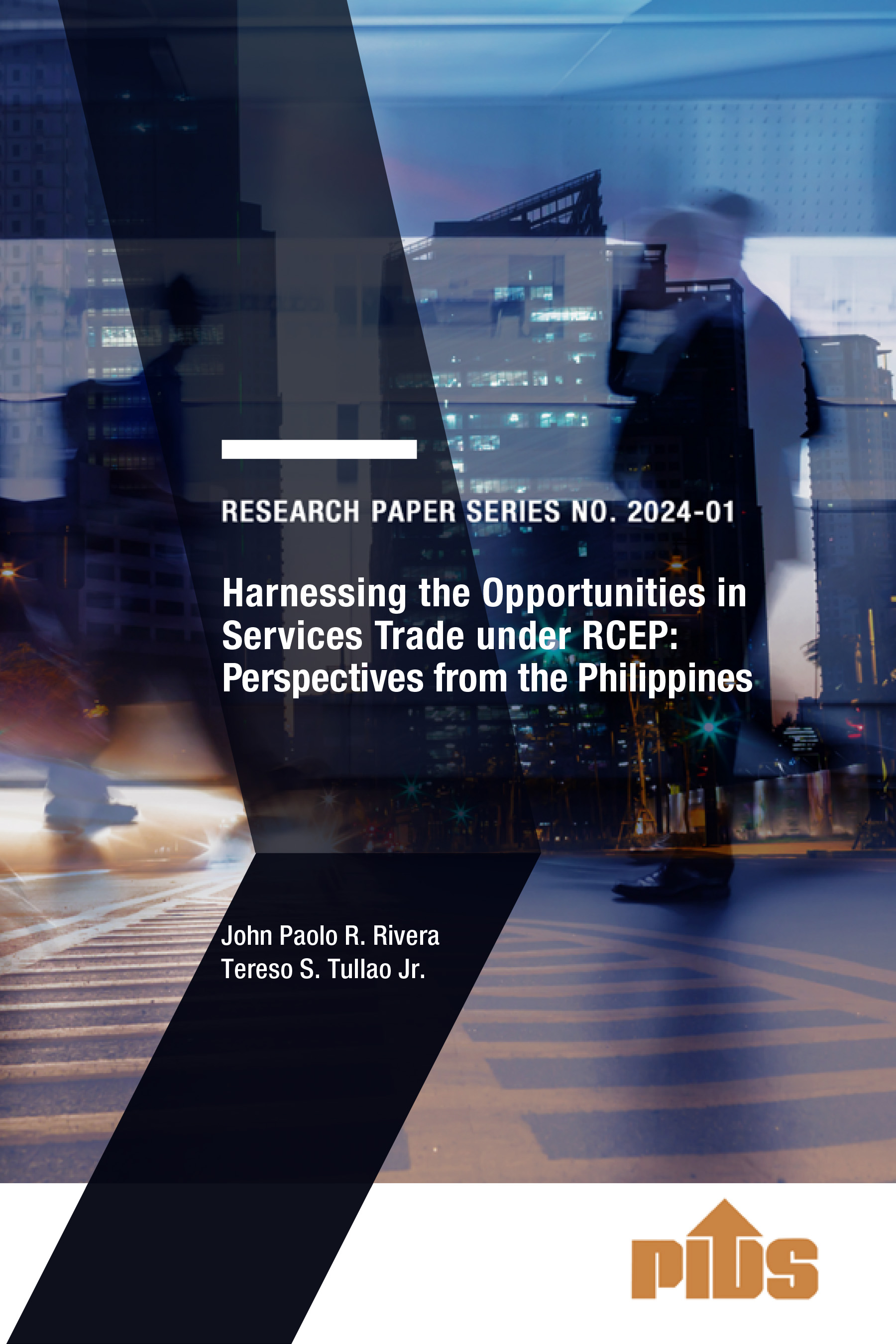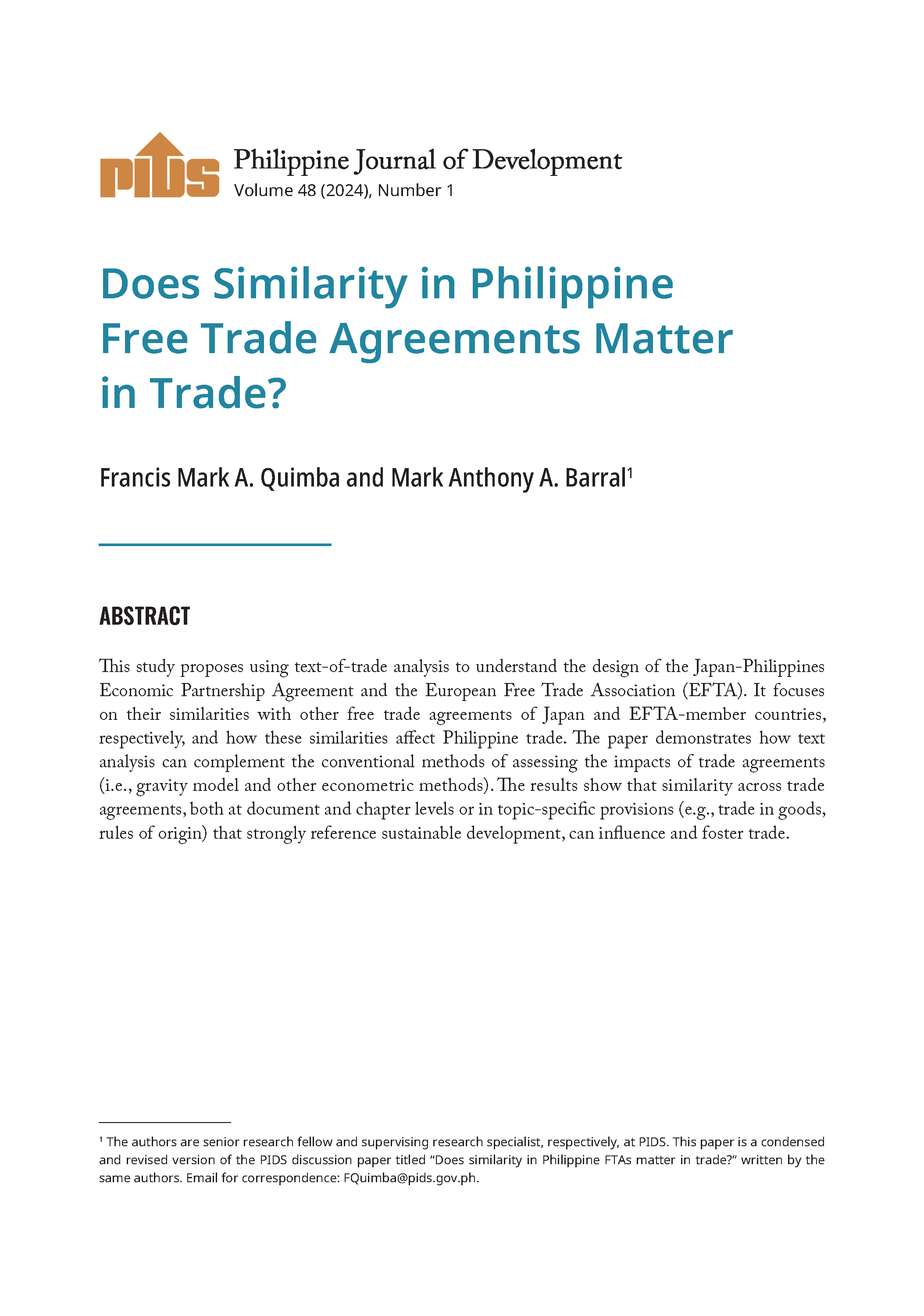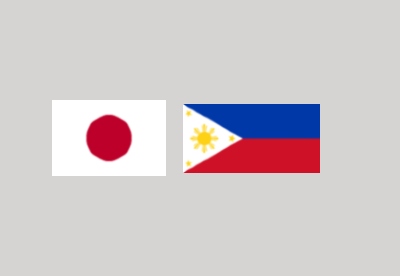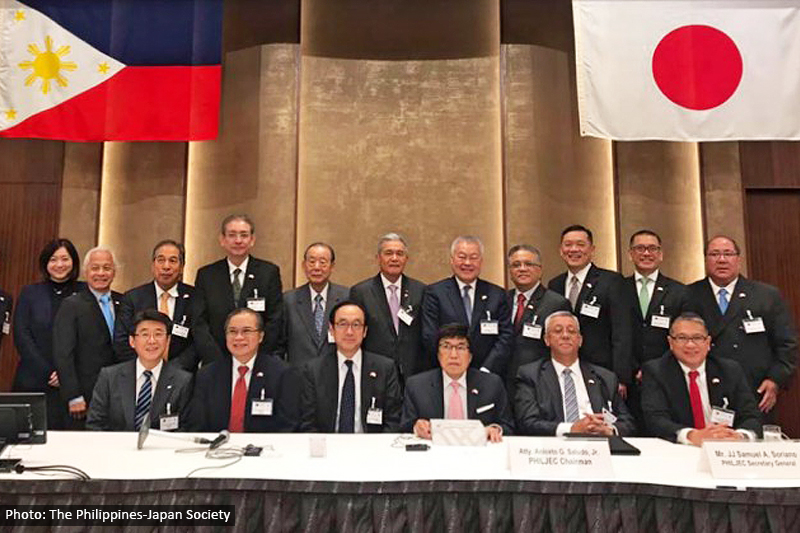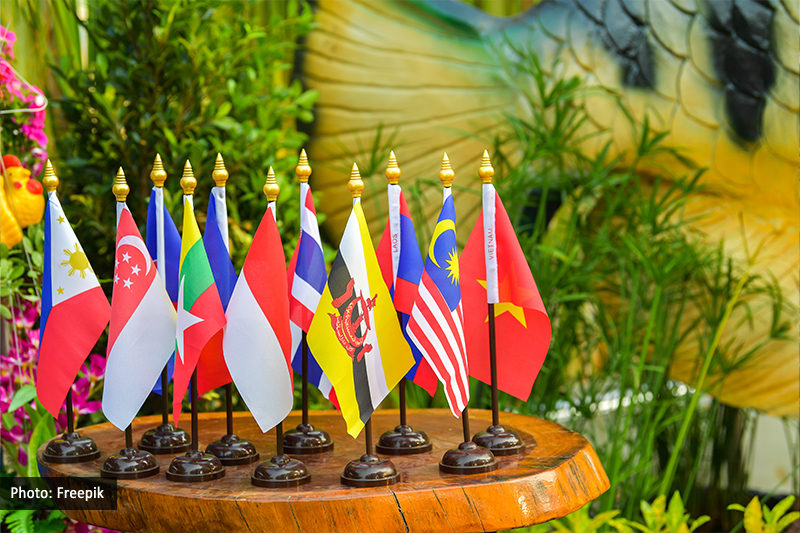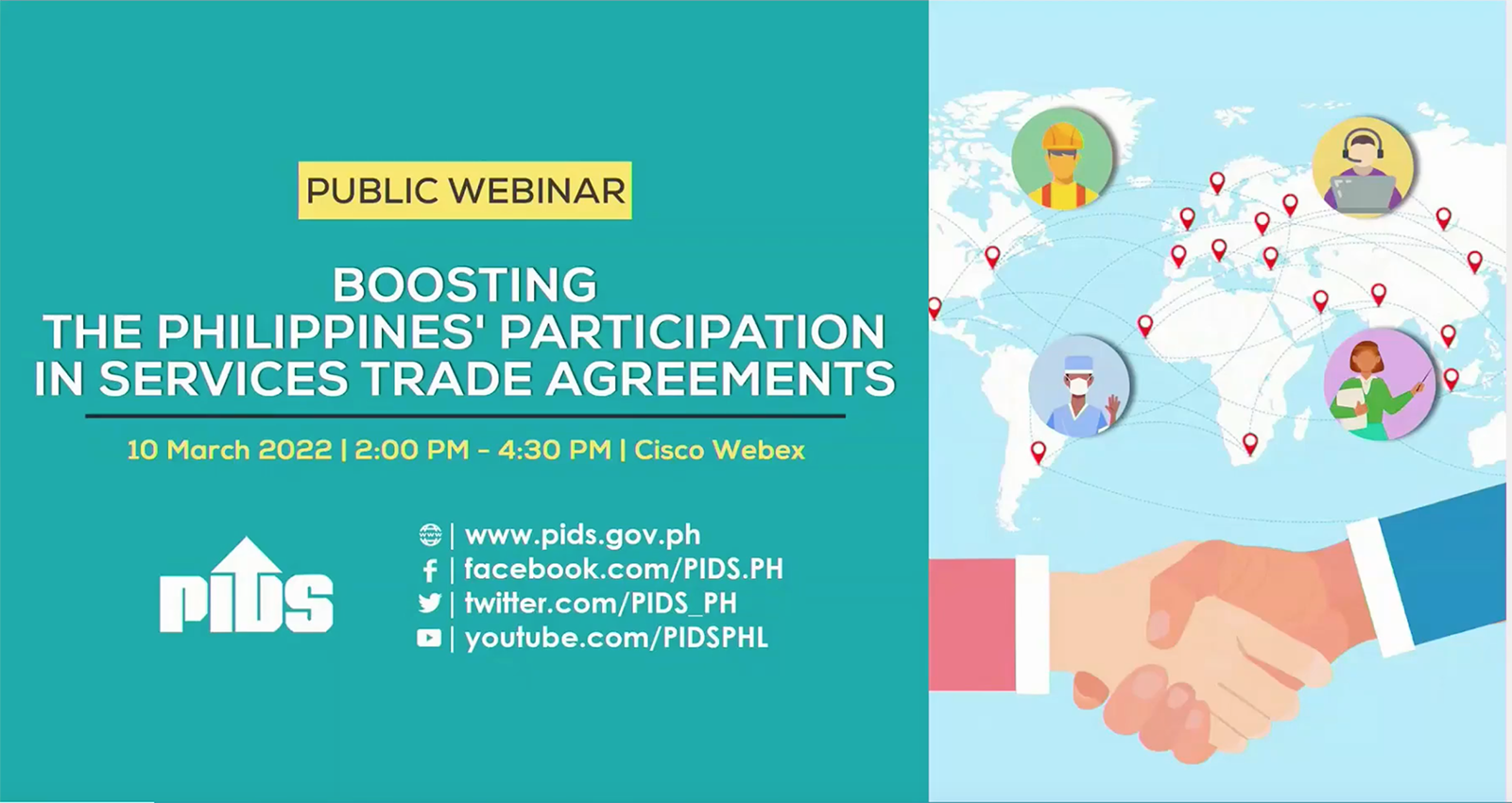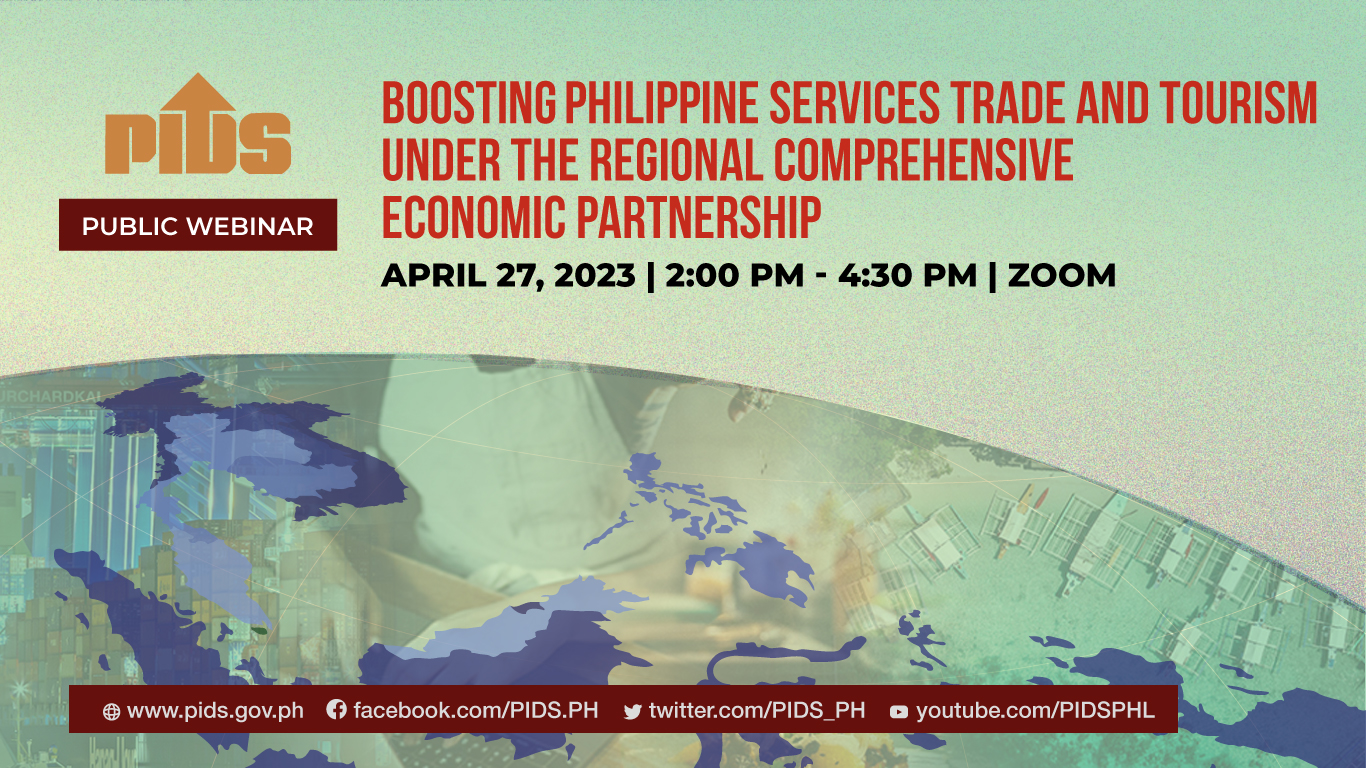The government’s focus on addressing social and political problems has put the movement of free trade in the Philippines in the back seat, an ex-official of the Department of Trade and Industry (DTI) said recently.
At the Asia-Pacific Forum 2017: Integration and Inclusiveness in a Digital Society at the Marco Polo Ortigas hotel in Pasig City on November 23, former Trade Undersecretary Thomas Aquino said the Duterte administration is prioritizing issues, like the integration of Philippine society through new legislation and the challenges facing Mindanao, more than the movement of free trade.
This was shown in its current stand on bilateral relations, which he said has already moved toward basic issues, such as “respect for sovereignty and other domestic priorities.
According to him, there was also “very little” that came out of President Duterte with regard to regional, bilateral and international issues during the 31st Association of Southeast Asian Nations (Asean) Summit in Manila last month.
Aquino remained optimistic, however, noting the country’s heavy participation in the summit, which allowed it to enhance deeper ties with its regional neighbors.
Because of that, strong expectations on what the Asean Economic Community can achieve and on what the Regional Comprehensive Economic Partnership can truly deliver are created,” he said.
Organized by Japan Economic Forum and Philippine Institute for Development Studies (PIDS), the Asia-Pacific Forum 2017 highlighted the rising protectionism that threatens the promotion of cooperation, peace, and innovation in the Asia-Pacific region.
The forum also advanced the use of digital technology to promote dialogue among peoples and strengthen the linkages that bind countries in the region.
At the Asia-Pacific Forum 2017: Integration and Inclusiveness in a Digital Society at the Marco Polo Ortigas hotel in Pasig City on November 23, former Trade Undersecretary Thomas Aquino said the Duterte administration is prioritizing issues, like the integration of Philippine society through new legislation and the challenges facing Mindanao, more than the movement of free trade.
This was shown in its current stand on bilateral relations, which he said has already moved toward basic issues, such as “respect for sovereignty and other domestic priorities.
According to him, there was also “very little” that came out of President Duterte with regard to regional, bilateral and international issues during the 31st Association of Southeast Asian Nations (Asean) Summit in Manila last month.
Aquino remained optimistic, however, noting the country’s heavy participation in the summit, which allowed it to enhance deeper ties with its regional neighbors.
Because of that, strong expectations on what the Asean Economic Community can achieve and on what the Regional Comprehensive Economic Partnership can truly deliver are created,” he said.
Organized by Japan Economic Forum and Philippine Institute for Development Studies (PIDS), the Asia-Pacific Forum 2017 highlighted the rising protectionism that threatens the promotion of cooperation, peace, and innovation in the Asia-Pacific region.
The forum also advanced the use of digital technology to promote dialogue among peoples and strengthen the linkages that bind countries in the region.

